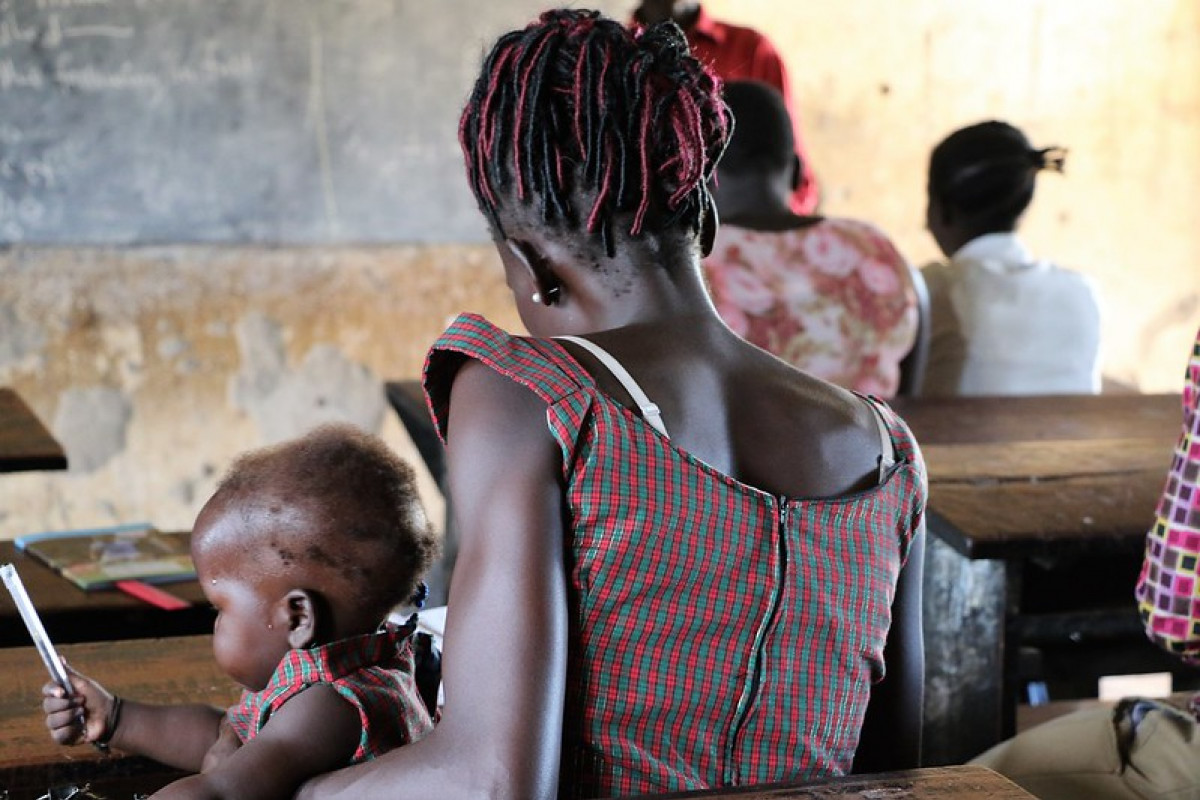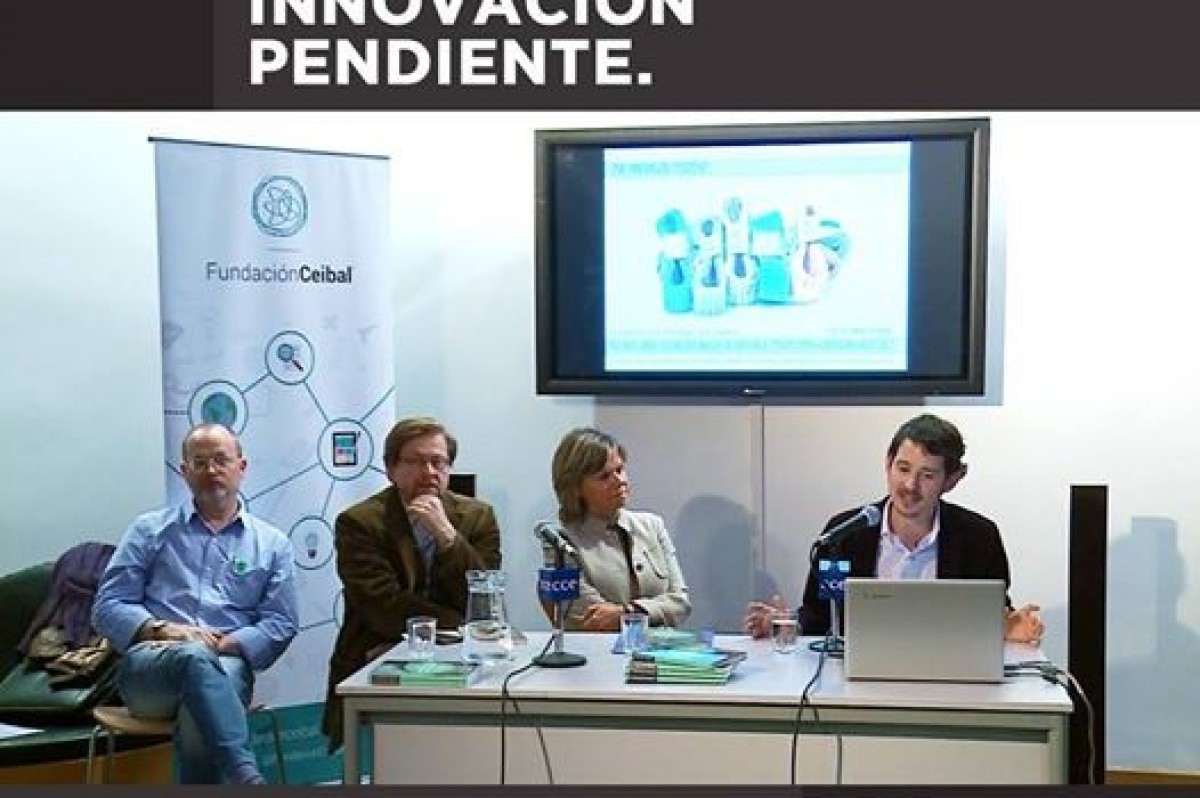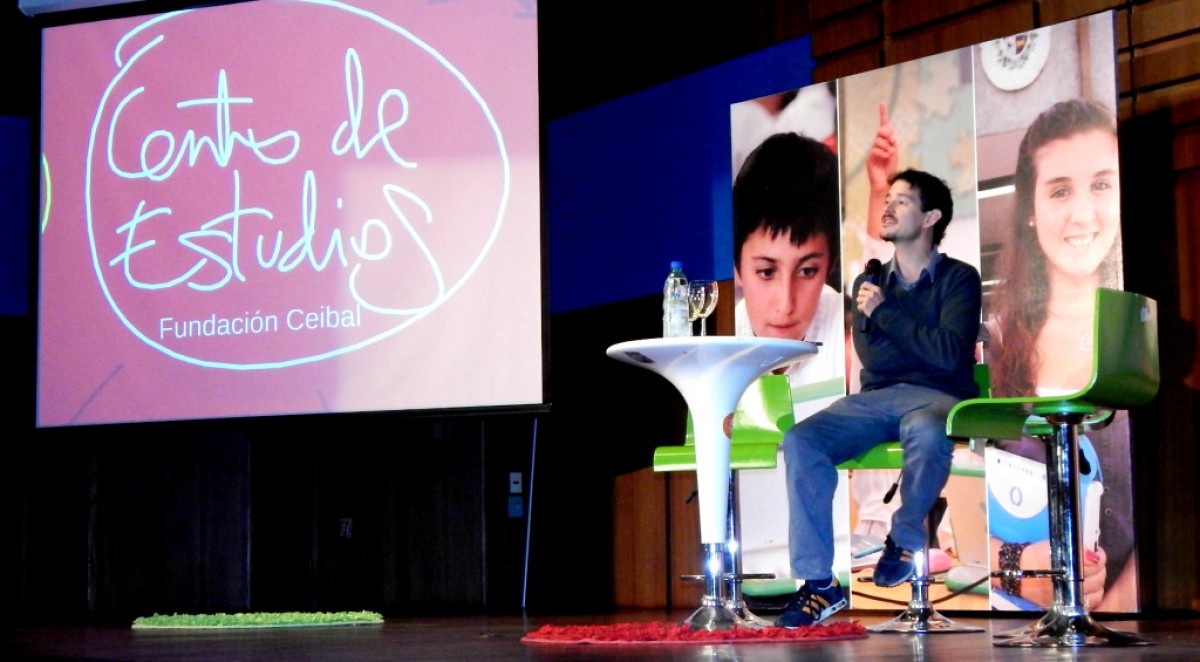(Blog disponible en castellano) As education systems emerge from this COVID crisis, it is clear that a new chapter is waiting to be written on teacher training (e.g., increasing investments in remote learning, adopting blended models when schools partially reopen, or creating remedial e-courses), which can help educational systems build back stronger and become more equitable. It is critical to develop teachers’ digital pedagogical skills. These are the skills needed to critically assess and decide when and how to incorporate digital tools, and realistically define their impact to support or enhance learning. This is now more crucial than ever, as teachers who cannot effectively use technology may in the future be replaced (or displaced) by those who can. This post includes +15 country experiences. Better strategies are needed for teacher capacity-building, innovating teacher training methods (virtual coaching) and regular follow-up plans to support the skills developed, using remote tutors & peers.
e-skills
Hoy existe un gran entusiasmo por tecnologizar la educación. Sin embargo, la llegada de la tecnología no es a costo cero. Autores critican que la abundancia de información en los espacios digitales en vez de amplificar nuestras posibilidades las restringen
Cómo irrumpen o conviven en las aulas tradicionales la enseñanza con la nueva tecnología, sobre todo en países como Argentina? Sea la tecnología que sea, digital o analógica, ésta puede ser bien o mal
Pretty much in every country is increasingly common to identify public policies promoting in one way or another the use of information technologies for education. With different purposes, policies or budgets digital technologies have landed in the world of education and it is very likely they are here to stay. Today, are much popular the voices of those who defend and promote the importance of technologies in education than those who sustain a critical position regarding the use of these tools in education, because the later are discredited as change resistant or reactionary. However not everything is either black or white and the impact of ICT in education should be grounded on consistent and reliable evidences.
Desde hace algunas semanas he tenido el privilegio de ser invitado a dirigir un nuevo centro de estudios en Uruguay en temas de innovación, tecnología y educación. Una tarea profundamente simbólica y que nos llena de entusiasmo puesto que se establece en el primer país de LATAM (sino del globo) que enfrentó la brecha digital bajo una consistente política de inclusión digital universal.




